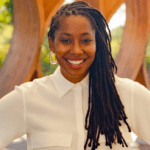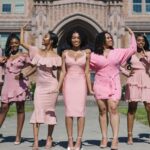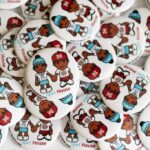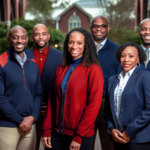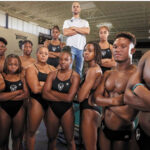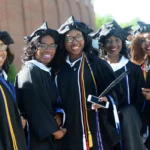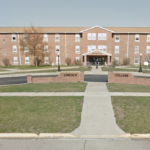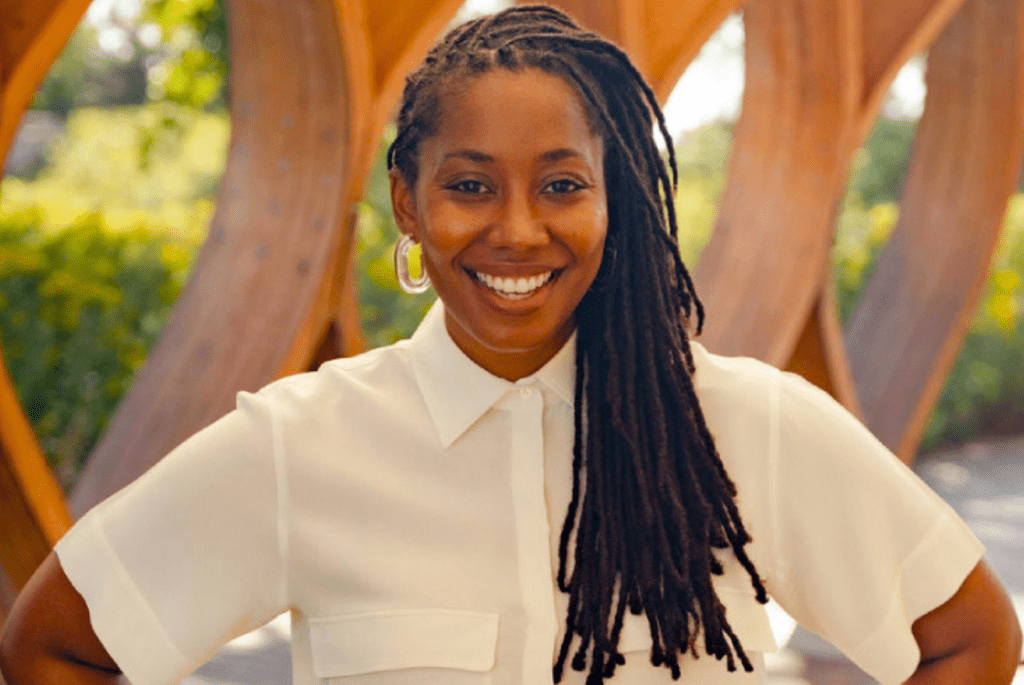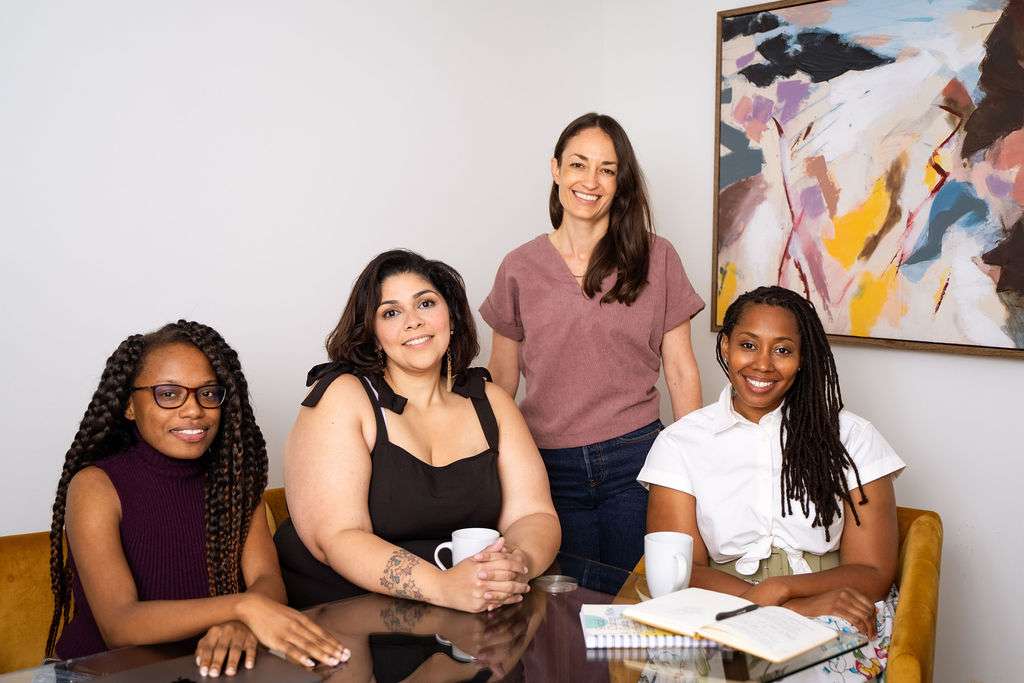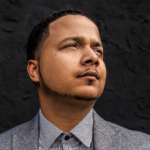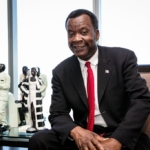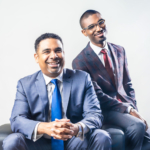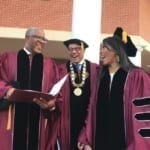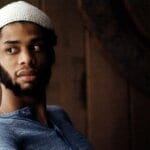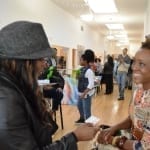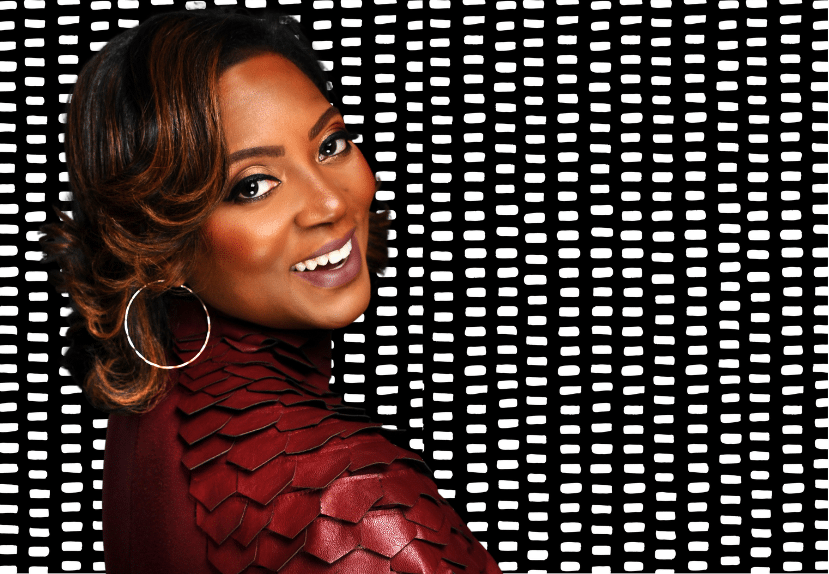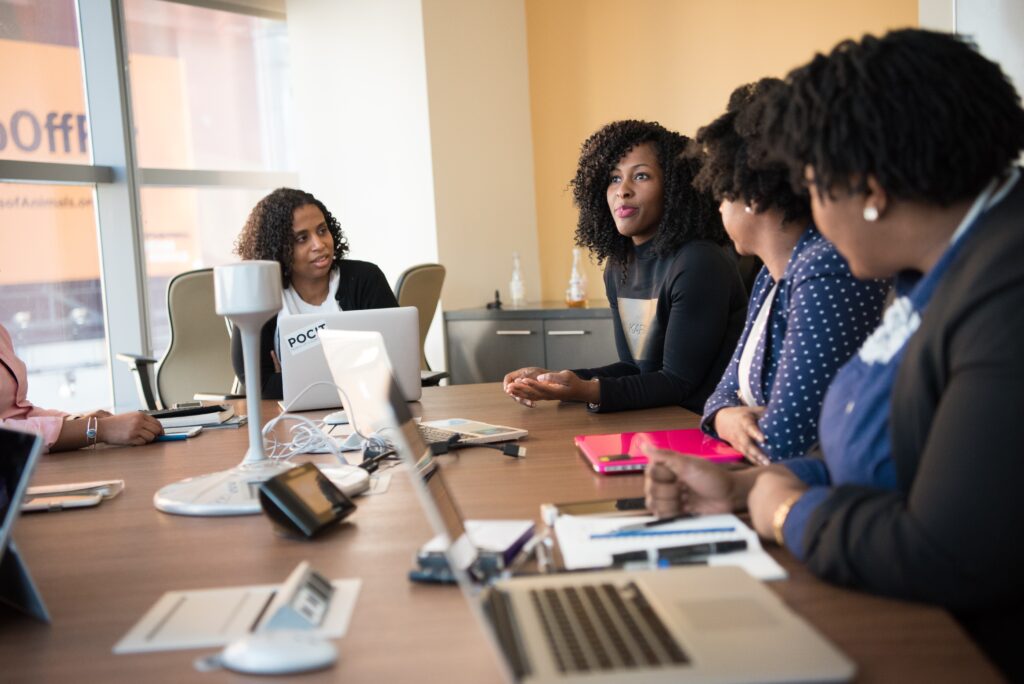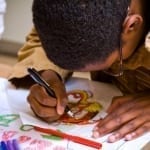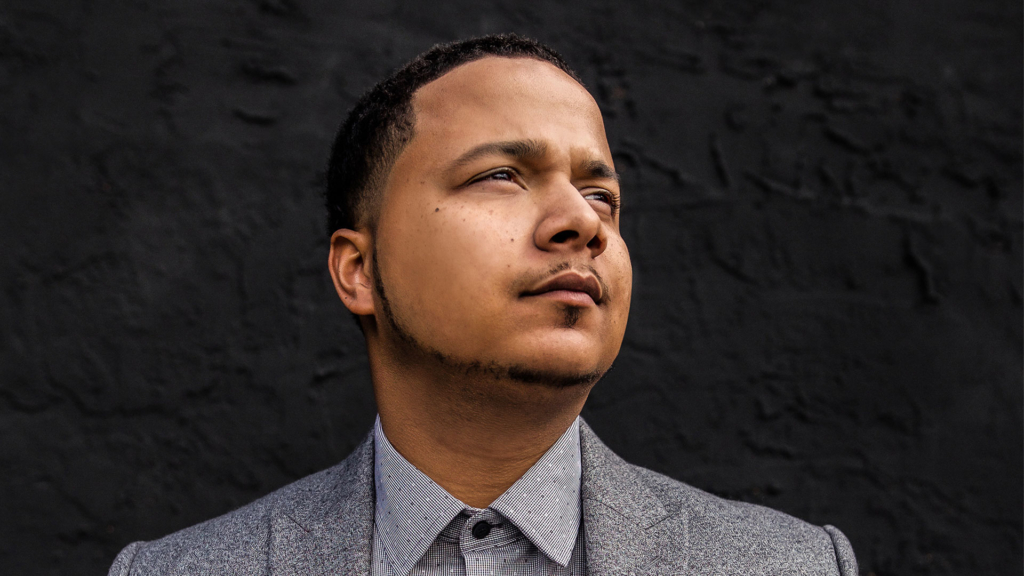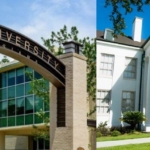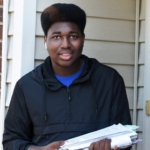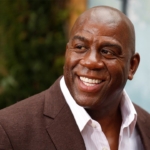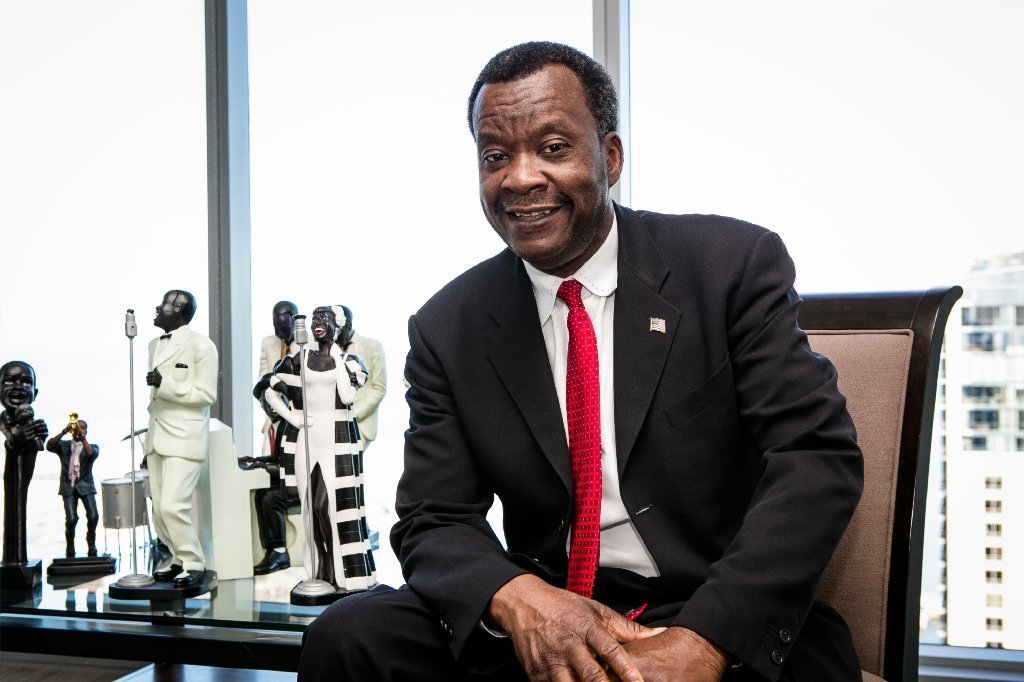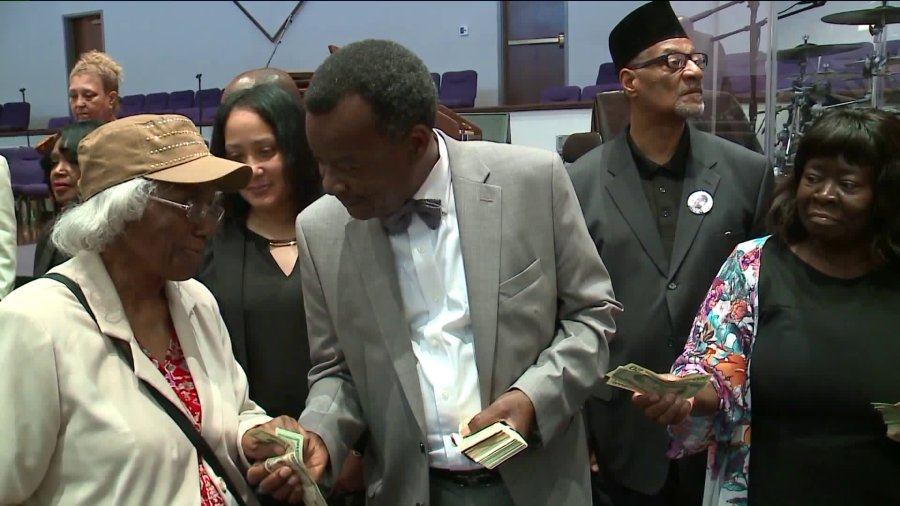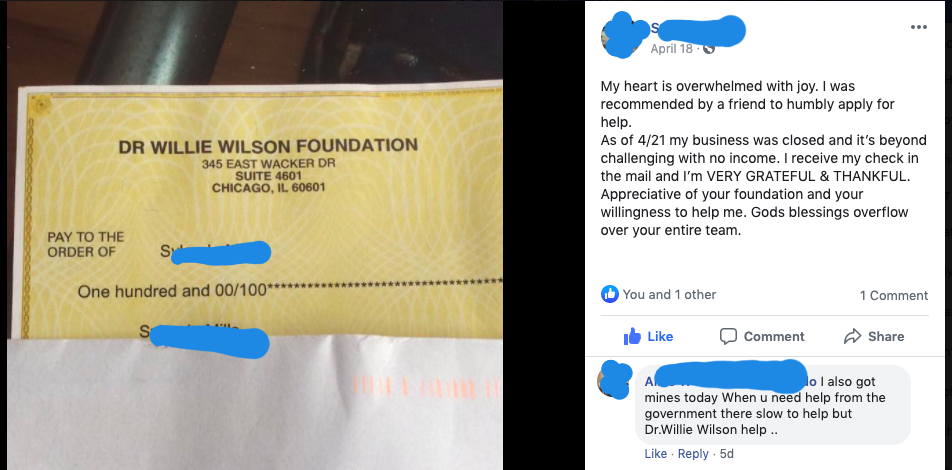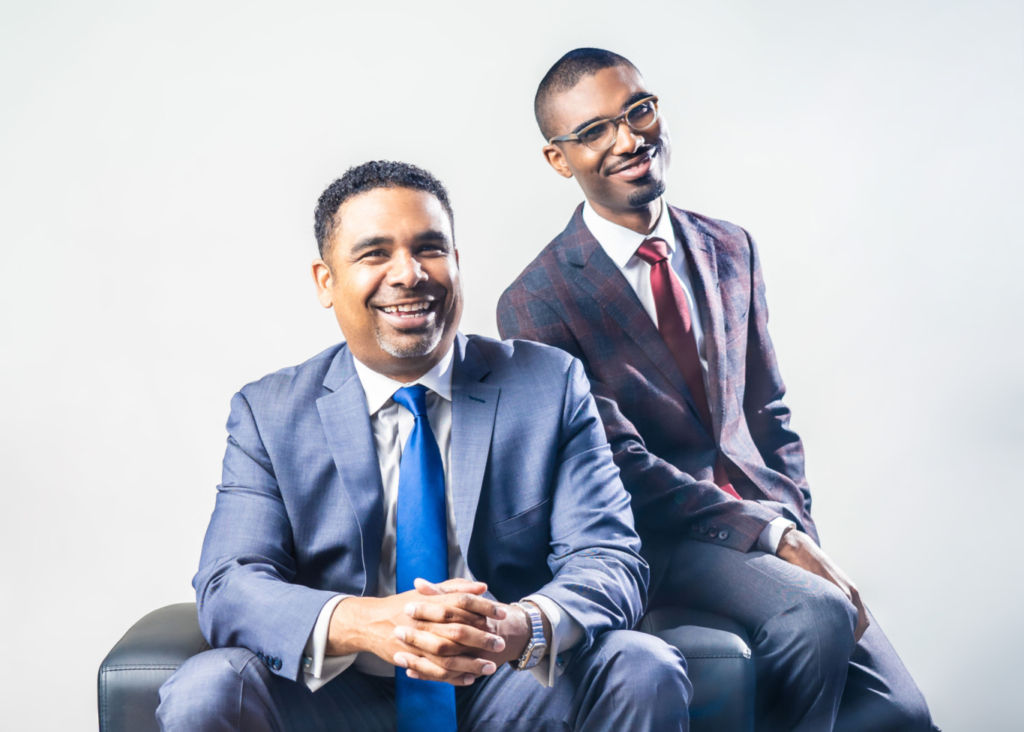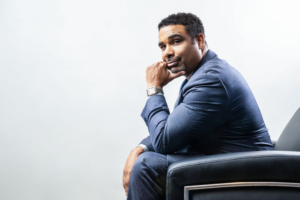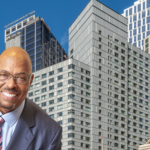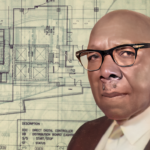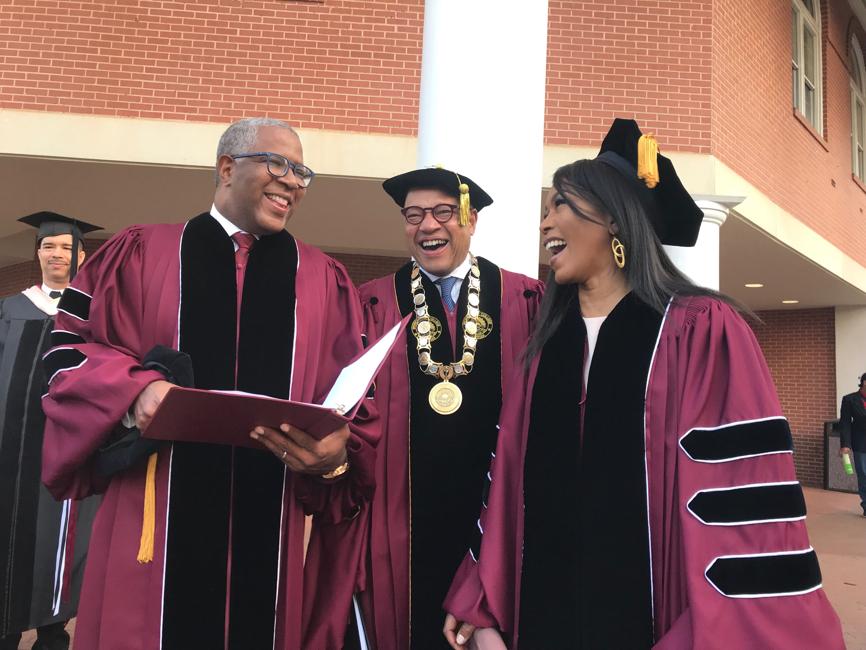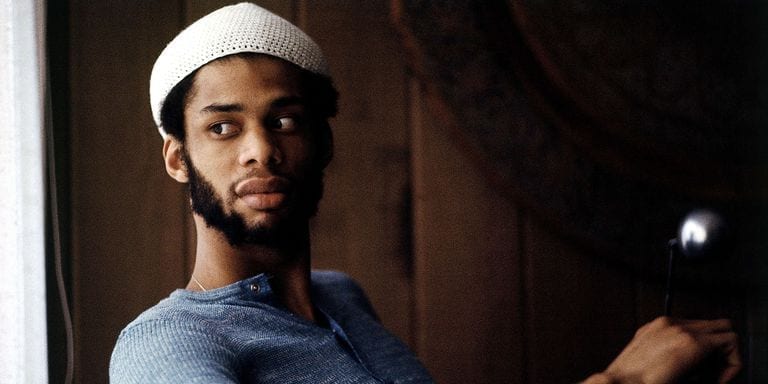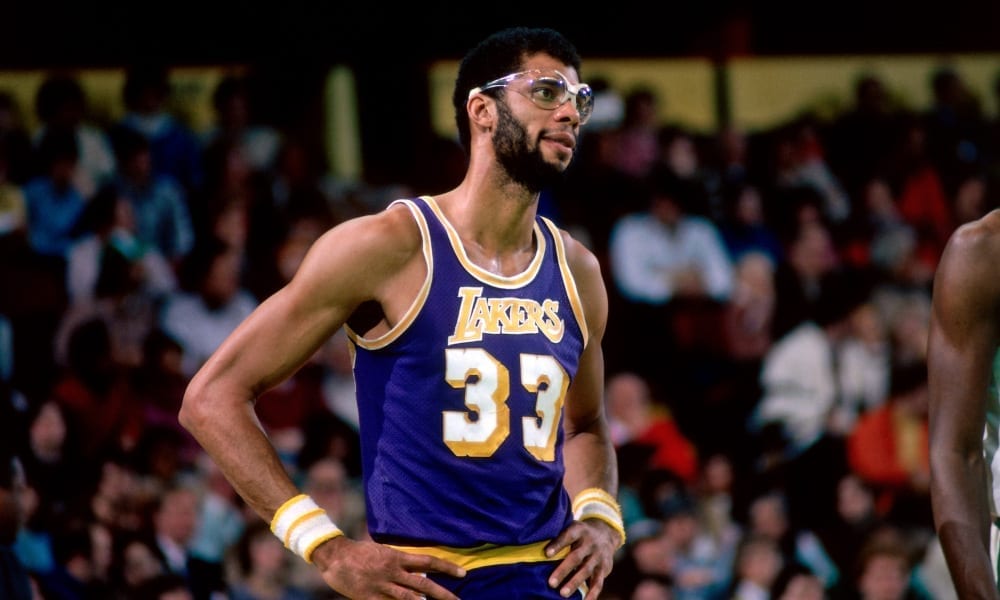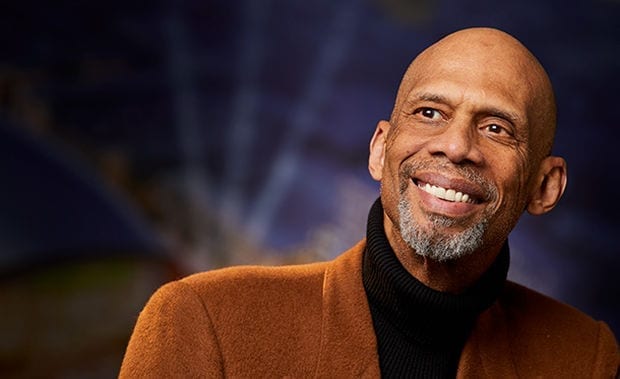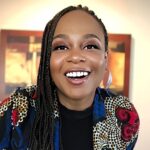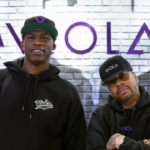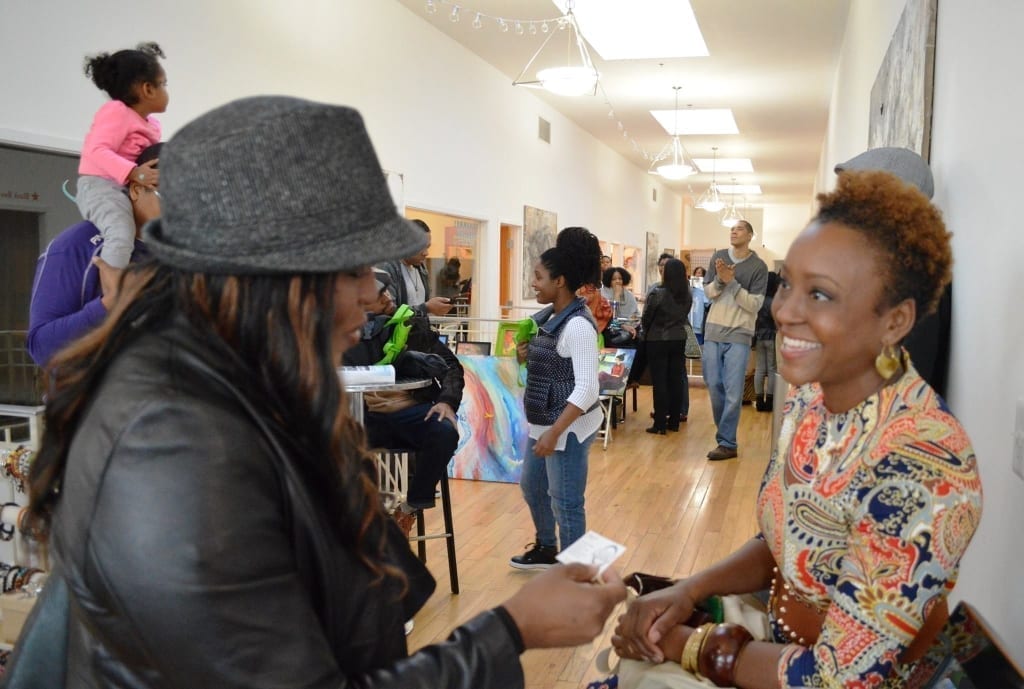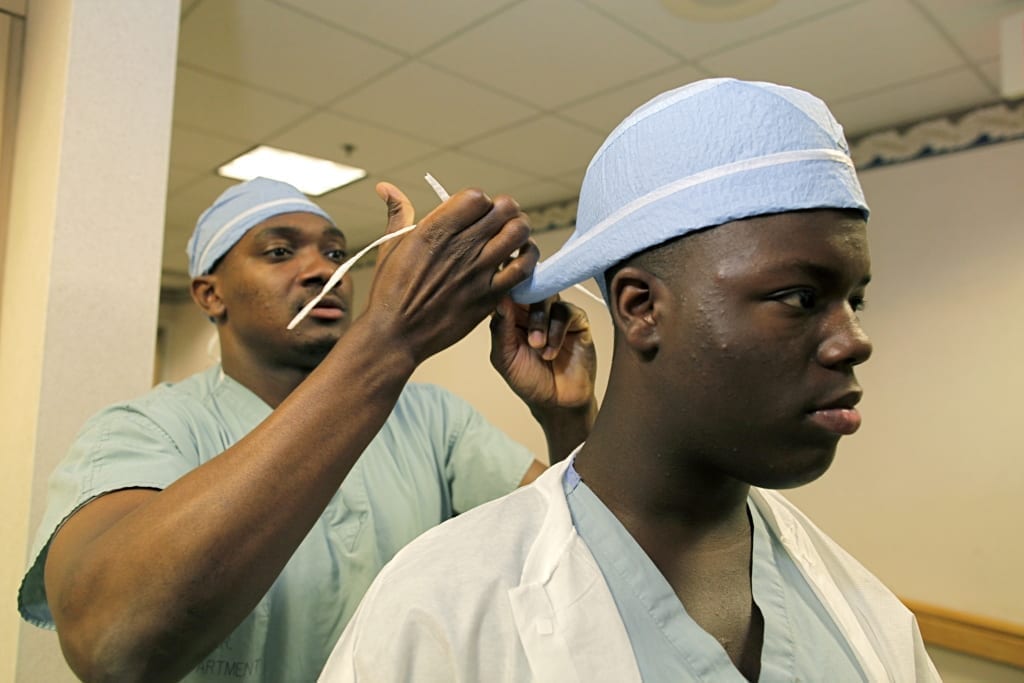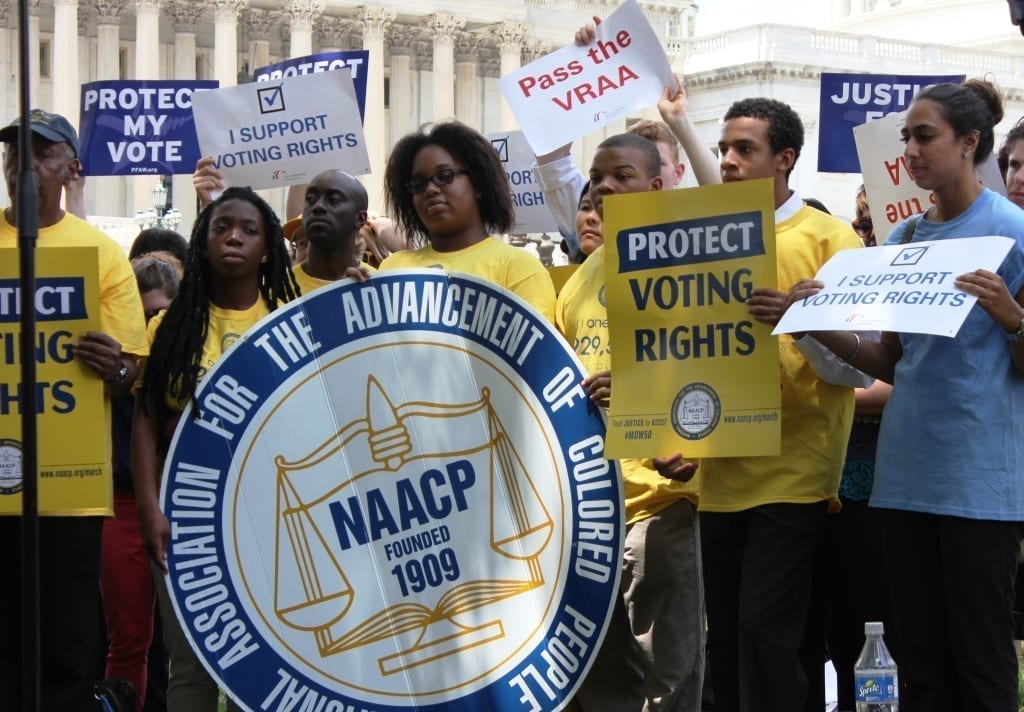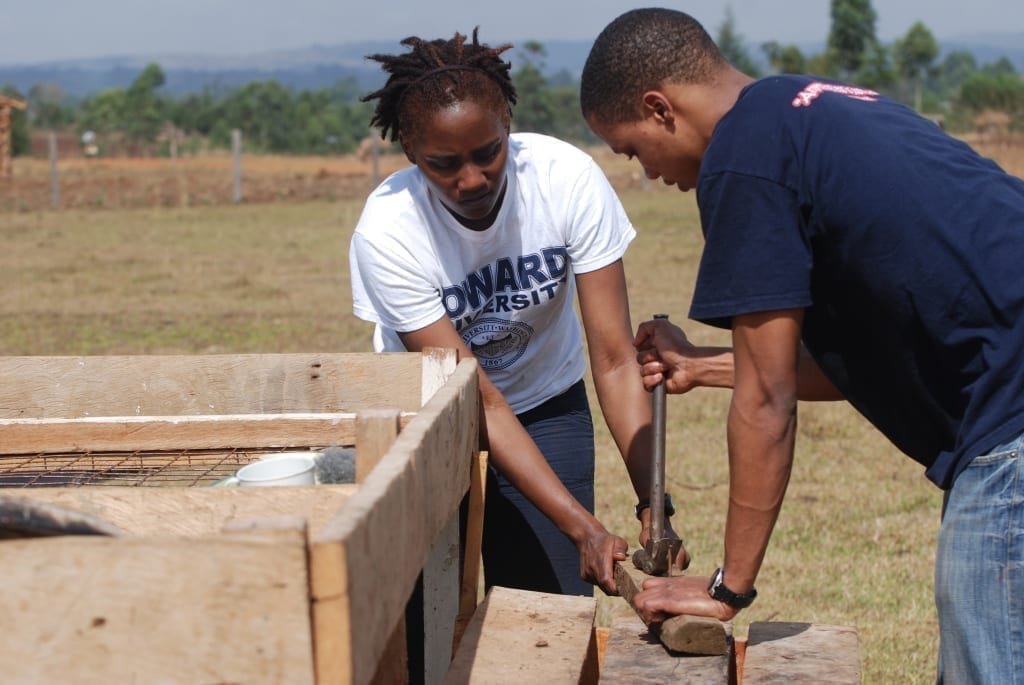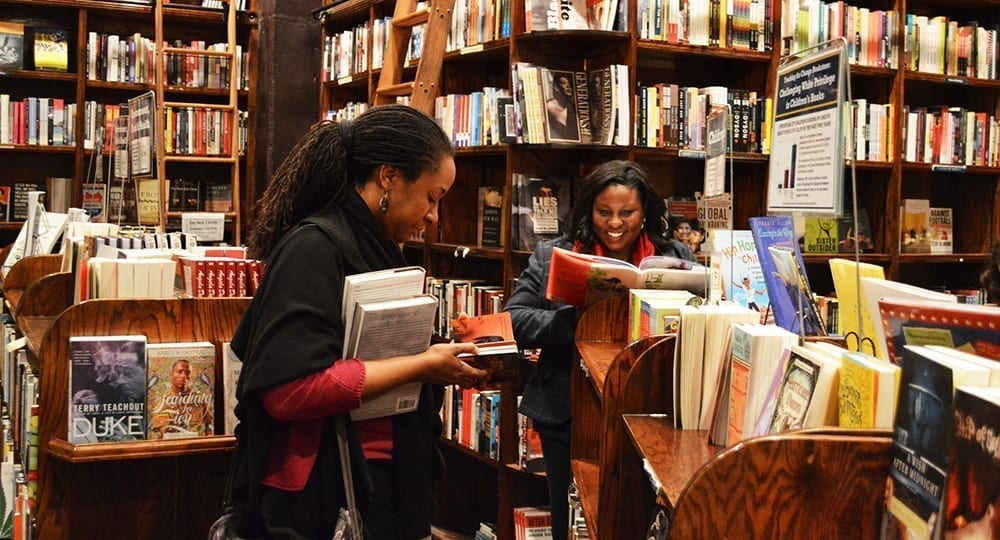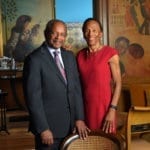Spelman College, renowned for its historic role in educating and empowering Black women, erupted in jubilation today as it announced a monumental $100 million donation – the largest single gift ever received by a Historically Black College or University (HBCU). This transformational gesture comes at a particularly poignant moment, coinciding with the centennial anniversary of the college’s official naming in 1924.
The gift originates from businesswoman and philanthropist Ronda Stryker, a Spelman College Trustee since 1997, and her husband, William Johnston, Chairman of Greenleaf Trust.
“We are invigorated and inspired by this incredible act of generosity,” declared Dr. Helene Gayle, president of Spelman College. “This gift is a critical step in our school’s mission to eliminate financial barriers to starting and finishing a Spelman education. We can’t thank Ronda Stryker enough for her selflessness and support as both a trustee and friend. There’s no doubt that Spelman College is better because of her.”
A cornerstone of the initiative is a $75 million commitment to endowed scholarships, ensuring that brilliant young minds can pursue their academic dreams at Spelman regardless of financial constraints. This investment in talented young Black women promises to enrich the college’s vibrant community and contribute to a more diverse and equitable future.
Not only will financial accessibility be enhanced, but the remaining $25 million will be used to cultivate new avenues for intellectual exploration and growth. A dedicated focus on public policy and democracy will empower Spelman students to become influential agents of change in their communities and beyond. Additionally, improvements to student housing and the allocation of flexible funding for strategic needs will further create a nurturing and well-equipped environment for academic excellence.
This landmark donation transcends its financial magnitude. It serves as a powerful testament to the enduring legacy of Spelman College and its unwavering commitment to nurturing the intellectual and societal leadership of Black women. As the college embarks on its next century, Stryker and Johnston’s transformative gift provides a vital springboard for Spelman to continue shaping the future, one extraordinary woman at a time.




